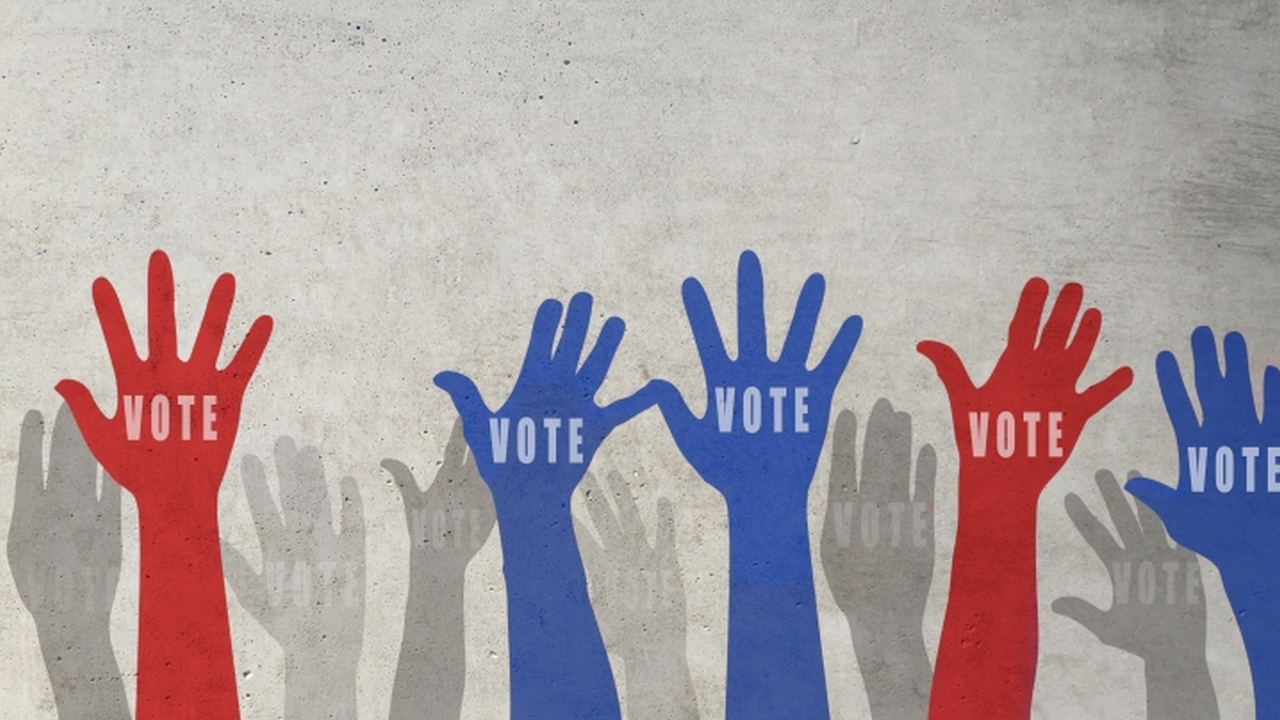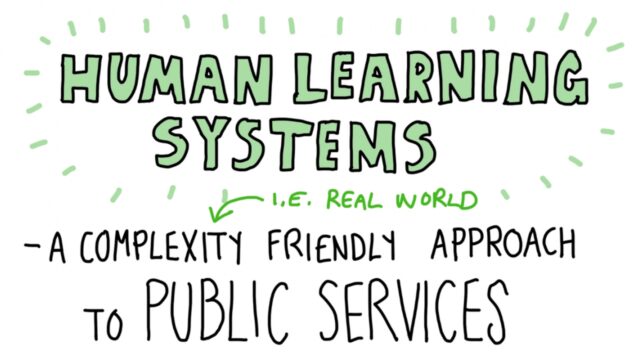
Knowledge management: “performing and learning” lessons from 2020 for a national voting standard
Here we are
It’s 5 Nov and we are still counting the basic votes. The United States, one of the highest tech and multi-sophisticated countries on earth operates with a dysfunctional voting framework that lacks consistency and discipline due to many factors including different and sometimes internally conflicted state by state voting laws and sometimes questionable state and local actors. These laws encompass when voting start, when votes can be counted, and how and when these laws can be changed, and by whom. (Note: changing the rules after voting commences is a bad idea). For example, our pandemic forced experiment with hastily designed mass mail voting in those states that have not had any practice with this mechanism produced much chaos that can’t be repeated.
Fundamentally, we lack a nationally, consistent, clear, and unambiguous system for one of the most fundamental rights and supporting processes in our republic — the act of voting and the efficient and timely counting of every vote.
There are many relevant lessons that we can and must learn from our voting processes and outcomes that go back at least 20 years or more. One lesson for the present is to finish the job of counting votes by the book, ignore the rhetoric, let state and local officials complete their counts, and trust in the rule of existing law.
But what if?
What if we had a nationally consistent, clear, effective, and efficient framework to guide national elections and state by state voting laws that support the act of voting and the counting of every vote. [You might even give it a name – ONES – One National and Effective Standard?].
I am not misled by the multi-dimensional challenges of many conflicting issues such as states’ rights in implementing change and behavior change that not only is a national, but also is a state-centric initiative. I do, however, strongly believe there is a level at which this standard can be developed and baselined, and from this baseline, states can modify to align with their state and local contexts. The “what” should be clear. The “how” provides the context but can be checked to the national baseline. I’m not a voting expert so I hope you understand the point of the concept that I am trying to put forward. I know there is a multitude of considerations here beyond my background. But this makes sense to me.
Where to start?
As a knowledge management practitioner for 20 years, and as I have discussed this in previous writings, I know that successful and sustainable solutions to complex challenges like this are evidence-based, rely on solid research and information, and include proven experience and insight in their development – good knowledge … and we have this knowledge.
Successful solutions are based on common understanding and consensus, if not agreement, on a clear vision and shared desired outcomes. Without a clear vision and shared, defined outcomes, the probability of failure increases and success becomes increasingly illusory and frustrating. In the end, as always, it is about “understanding, defining, and developing solid requirements and defining and agreeing on desired outcomes.” You see this now in the many dimensions of conflict regarding policing, yet we are discussing national standards for policing. Why not for voting?
How to start?
Creating shared and bipartisan understanding and consensus, developing guidelines, and then legislation, for the efficient and effective implementation of a set of national voting standards, such as timelines for voting, counting returns, absentee voting, mail-in voting, types of locations based on population density, effective and secure voting technology, and a lot more, is the job of the legislators whom we put in power to do this job, their job, on our behalf. The next congress, if they are truly “doing their jobs” will look at this as a shared, national problem, a challenge from which all of us will benefit. We have four years.
Get to work!
Header image source: facinghistory.org.





